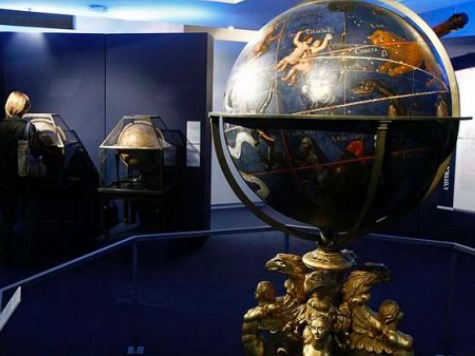The Church “rejoices in the marvelous progress of science, seeing it both as a product of the enormous God-given potential of the human mind and as manifestation of the vastness and richness of creation,” said Vatican representative Archbishop Bernardito Auza in a recent address to the UN Special Political and Decolonization Committee.
“Our responsibility is to ensure that the fruits of these advances also benefit the poor around the world,” said Auza. While recognizing the necessary constraints to a universal access to the beneficial uses of outer space, “considering the huge investments put into explorations and questions related to intellectual property, patents, etc.,” Auza said that “States must work together to ensure that these benefits do not become yet another cause of increasing economic and social inequalities, but rather a shared resource for the common good of the entire global community.”
Auza addressed the UN committee on October 17, but the Vatican released the text of his statement only on Monday.
The Vatican representative also underscored the complementary relationship between faith and science. “Because of the fundamental questions it has always raised,” he said “the exploration of the universe has also deepened the understanding of faith and its rapport with science. The Holy See believes that faith is capable of both expanding and enriching the horizons of reason,” he said.
Though often depictred as an enemy of science, almost always in relation to the case of Galileo Galilei, the Catholic Church was an enthusiastic patron of the sciences through the centuries and many of the important astronomical discoveries were made by Catholic priests or under the patronage of the Catholic Church.
Just last week Pope Francis spoke out in favor of the Big Bang, a theory of the origins of the universe first articulated by a Belgian priest and cosmologist, Father Georges Lemaître.
According to historian J. L. Heilbron, former vice chancellor of the University of California, Berkeley: “Beginning with the recovery of ancient learning in the twelfth century and continuing through the Copernican upheavals and on even into the Enlightenment, the Roman Catholic Church gave more financial and social support to the study of astronomy Copernican and otherwise than did any other institution.”
The Vatican still runs its own Observatory, which is one of the oldest astronomical research institutions in the world. The Vatican Observatory Research Group, hosted by Steward Observatory at the University of Arizona, operates the 1.8m Alice P. Lennon Telescope with its Thomas J. Bannan Astrophysics Facility, known together as the Vatican Advanced Technology Telescope (VATT).

COMMENTS
Please let us know if you're having issues with commenting.